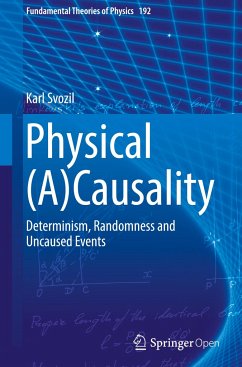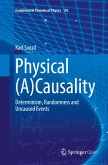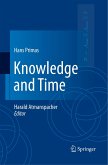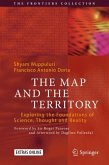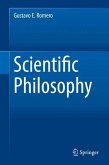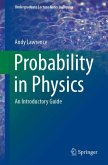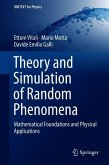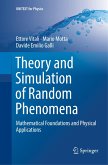This open access book addresses the physical phenomenon of events that seem to occur spontaneously and without any known cause. These are to be contrasted with events that happen in a (pre-)determined, predictable, lawful, and causal way.
All our knowledge is based on self-reflexive theorizing, as well as on operational means of empirical perception. Some of the questions that arise are the following: are these limitations reflected by our models? Under what circumstances does chance kick in? Is chance in physics merely epistemic? In other words, do we simply not know enough, or use too crude levels of description for our predictions? Or are certain events "truly", that is, irreducibly, random?
The book tries to answer some of these questions by introducing intrinsic, embedded observers and provable unknowns; that is, observables and procedures which are certified (relative to the assumptions) to be unknowable or undoable. A (somewhat iconoclastic) review of quantum mechanics is presented which is inspired by quantum logic. Postulated quantum (un-)knowables are reviewed. More exotic unknowns originate in the assumption of classical continua, and in finite automata and generalized urn models, which mimic complementarity and yet maintain value definiteness. Traditional conceptions of free will, miracles and dualistic interfaces are based on gaps in an otherwise deterministic universe.
All our knowledge is based on self-reflexive theorizing, as well as on operational means of empirical perception. Some of the questions that arise are the following: are these limitations reflected by our models? Under what circumstances does chance kick in? Is chance in physics merely epistemic? In other words, do we simply not know enough, or use too crude levels of description for our predictions? Or are certain events "truly", that is, irreducibly, random?
The book tries to answer some of these questions by introducing intrinsic, embedded observers and provable unknowns; that is, observables and procedures which are certified (relative to the assumptions) to be unknowable or undoable. A (somewhat iconoclastic) review of quantum mechanics is presented which is inspired by quantum logic. Postulated quantum (un-)knowables are reviewed. More exotic unknowns originate in the assumption of classical continua, and in finite automata and generalized urn models, which mimic complementarity and yet maintain value definiteness. Traditional conceptions of free will, miracles and dualistic interfaces are based on gaps in an otherwise deterministic universe.

